If, like so many others in Pennsylvania, you face financial stress and debt, bankruptcy can present an optimal solution. Chapter 7 and Chapter 13 are two types of bankruptcy proceedings that can help individuals get back on a sound financial footing.
The main characteristic of a Chapter 13 bankruptcy is the repayment plan. Typically, Chapter 13 repayment plans cover three to five years, during which you make agreed-upon monthly payments to your creditors. At the end of this period, your remaining debts may be discharged. Some plans may provide complete repayment for all eligible debt.
Eligibility for Chapter 13 filing
To prove eligible for Chapter 13, debtors must prove they have a regular income that will suffice to make monthly payments. The bankruptcy trustee comes to an agreement with the creditors as to the amount of the payment.
Generally, amounts will depend on factors including your disposable income. Usually, a minimum payment plan should assure creditors that they receive at least the same amount as they would if you filed a Chapter 7 instead. If you are without regular employment or another source of income, or your regular income only just covers basic living expenses, you may not be able to make any payments and therefore could not comply with a Chapter 13 repayment plan.
A greater chance of keeping your home
Chapter 13 offers the important advantage of being able to keep your home and other secured property, even if you have defaulted on some payments. Unlike Chapter 7, a Chapter 13 bankruptcy does not require you to sell your assets to pay your debts. While some property may fall under Pennsylvania’s Chapter 7 exemptions, other property, including homes and cars, may end up included in the mandatory sale of assets.
Bankruptcy courts, as well as common sense, encourage retaining an attorney for this typically complicated process. An experienced bankruptcy lawyer can get a full picture of your circumstances and advise you as to which type of filing would serve your interests better. Your attorney can also take care of the extensive paperwork and represent your interests during court hearings and discussions with the bankruptcy trustee.


